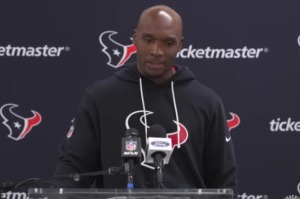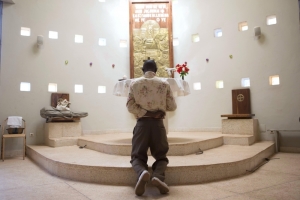Will the World End in Your Lifetime?
Twenty-two percent of Americans think the world will end in their lifetime. According to a recent Reuters poll, nearly 15 percent of people worldwide agree. The numbers range from 6 percent in France to 22 percent in Turkey and the U.S.
What explains this phenomenon?
Some blame the Mayan calendar –10 percent worldwide believe that its conclusion on December 21, 2012 will mark the end of the world. Those with lower education or household income levels are more likely to believe in an apocalypse during their lifetime. So are those who are under 35 years old.
I suggest another factor: the role of religion. The smallest numbers were found in France (6 percent), Belgium (7 percent) and Great Britain (8 percent). These are among the most irreligious nations on earth. A recent poll asked Western Europeans if they believe God exists by any definition. The results: around 68 percent in Italy believe in the existence of a supernatural deity; 48 percent agree in Spain, 41 percent in Germany, 35 percent in Great Britain, and 27 percent in France. On average, 2 percent in Western Europe attend religious services on a given Sunday.
By contrast, the two nations with the highest percentage expecting the end of the world – America and Turkey – are among the most religious nations on earth. Around 43 percent of Americans say they attend church on Sundays; 97.8 percent of the Turkish population is Muslim.
Why would commitments to Christianity and Islam influence apocalyptic expectations? Because for both, apocalyptic teachings are central to their faith. Muslims expect the return of the Mahdi ("Rightly Guided One") at the end of history. The Qur'an asks, "How do you know the Hour is not near?" (42:17) and adds, "those who are in doubt about the Hour are wandering far astray" (v. 18).
The last recorded words of Jesus are, "Yes, I am coming soon" (Revelation 22:20). Early believers lived every day in expectation of the imminent return of our Lord. Secular cultures discount such beliefs as outdated superstition, but each of us is one day closer to eternity than ever before.
I have no idea if Jesus will return in my lifetime. But I do know that if he doesn't, I will go to him at the end of mine. Jonathan Edwards, the greatest theologian America has ever produced, resolved: "never to do anything, which I should be afraid to do, if it were the last hour of my life."
How would such a resolution change our culture? How would it change your life?
READ: DOES THE BIBLE TALK ABOUT THE END THE WORLD IN 2012?



























